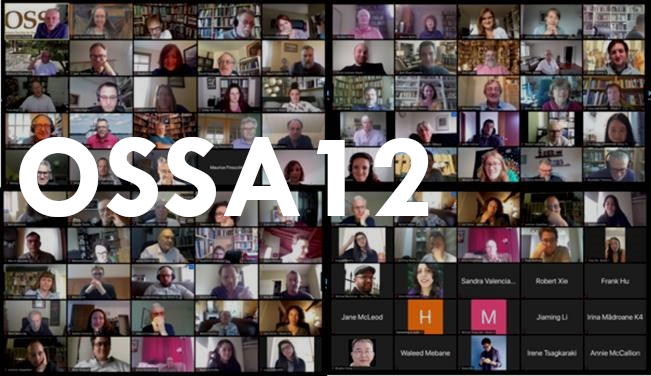Author ORCID Identifier
0000-0002-0727-3330
Location
Room 3
Document Type
Paper
Keywords
philosophy, rhetoric, Cassin, Perelman, Wenzel, assertion, persuasion, performance, adherence, epideictic
Start Date
5-6-2020 3:00 PM
End Date
5-6-2020 4:00 PM
Abstract
In “Three Perspectives on Argument,” Wenzel argued that scholars should orient their research around the well-known triad of rhetorical, dialectical, and logical perspectives on argument. Despite the success of Wenzel’s triad in orienting pluralistic research, he nonetheless maintained that an “eventual synthesis” of the three perspectives was both possible and desirable. In this paper I reconsider Wenzel’s idea by asking what might be preventing such a synthesis today. I argue that one obstacle to this is a common philosophical assumption about rhetoric that opposes assertion to persuasion, truth to effectiveness. Following Barbara Cassin, I challenge this assumption and consider how rhetoric might be thought in terms of performance. In the first part of the paper I discuss Wenzel’s account of the triad and touch on a number of criticisms of the rhetorical approach that follow Wenzel’s characterization of it. Second, I turn to Cassin to help bring out the historical context of this characterization which I aim to challenge within argumentation theory. Finally, I argue for a way that we might reconcile epistemic- and audience-based concerns within the new rhetoric framework of Perelman and Olbrechts-Tyteca.
Reader's Reactions
G Thomas Goodnight, Commentary: Peitho and the Consolation of Philosophy: A Reply to Blake D. Scott (June 2020)
Included in
Doing Things with Arguments: Assertion, Persuasion, Performance
Room 3
In “Three Perspectives on Argument,” Wenzel argued that scholars should orient their research around the well-known triad of rhetorical, dialectical, and logical perspectives on argument. Despite the success of Wenzel’s triad in orienting pluralistic research, he nonetheless maintained that an “eventual synthesis” of the three perspectives was both possible and desirable. In this paper I reconsider Wenzel’s idea by asking what might be preventing such a synthesis today. I argue that one obstacle to this is a common philosophical assumption about rhetoric that opposes assertion to persuasion, truth to effectiveness. Following Barbara Cassin, I challenge this assumption and consider how rhetoric might be thought in terms of performance. In the first part of the paper I discuss Wenzel’s account of the triad and touch on a number of criticisms of the rhetorical approach that follow Wenzel’s characterization of it. Second, I turn to Cassin to help bring out the historical context of this characterization which I aim to challenge within argumentation theory. Finally, I argue for a way that we might reconcile epistemic- and audience-based concerns within the new rhetoric framework of Perelman and Olbrechts-Tyteca.

